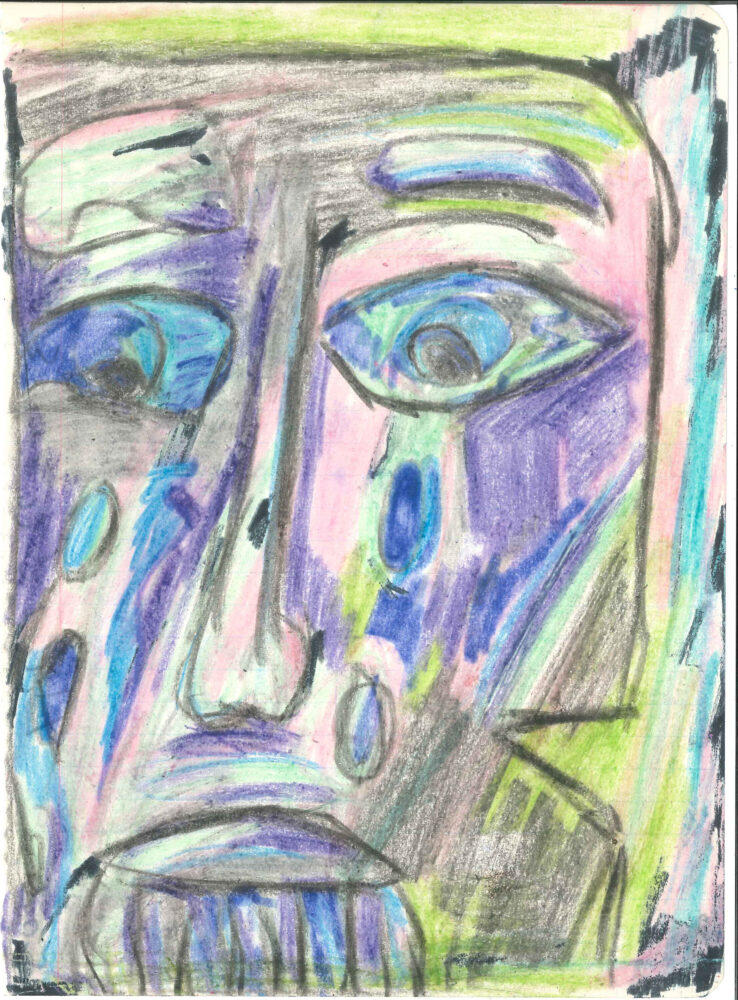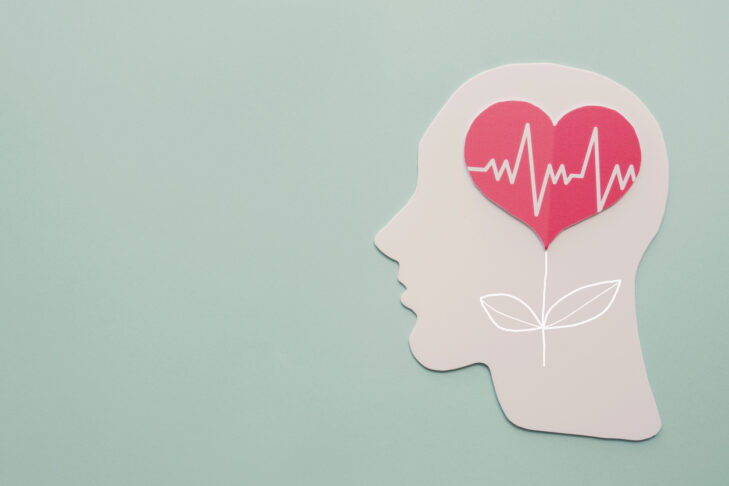My name is Hadassah Chavivah Zeltzer and I am a Jewish woman and former Judea teacher in the Jewish community in Brookline. I am also an underrepresented artist with a mental health disability. I wanted to share my experiences for Mental Health Awareness Month.
As a survivor who suffers from PTSD and other related mental health conditions, I wanted to let other Jewish men and women know (young or old) that you are not alone!
You are brave and courageous and you are not forgotten. I also want to share that, like many others, I have felt embarrassed and ashamed about my condition and even scared and not sure where to go or who to talk to in our community, as well as in the outside community, for many years.
With the proper care and accessibility to quality mental health treatment, it can be managed and things can get better. However, if left untreated, or if those resources are not available to all who need them, then it can get worse and even lead to death.
I have also learned that there are many ways to treat mental health issues and it is important to make sure you get the right diagnosis and also have a good support network, since mental illness and addiction can make people isolated and feel very alone.
Tragically, I have learned first-hand that what type of insurance you have will play a big part on your road to healing and wellness. Not having the correct insurance or having government insurance like I have had for the last decade gravely limited who I could see, how long I could go to that provider and even blocked access to long-term quality care I desperately needed because I was not in a position to pay $200 or $300 an hour out of pocket.

This issue is so important to me because of the negative ways this has played out in my own life. I wanted to share the truth about what happened to me and so many other Jewish and non-Jewish people who are still being denied on a daily basis quality long-term mental health care and are suffering in silence.
Even with the great awareness our community has made, there is still a gap in who can access the care they need long-term and who is denied access. There are still large groups of people who are being underserved and are still suffering with no real solution if they don’t have the right insurance or money to self-pay.
This is because of the inequities and inequalities of the broken mental health system and how the insurance companies pay providers, or lack of pay, that keeps this problem at the forefront of reform and change in order to give the most underserved a chance to heal and get well.
Like most complex issues, I know there is no easy solution for this chronic problem. However, let this not be a reason for us not to continue to work “Together for Mental Health” within our community and outside our communities to make quality long-term mental health care affordable and accessible to all who really need it.
I feel that a lot of my suffering later on in life was not because I did not want to get well or take my medication, but because I could not get the long-term trauma-informed care I needed and lost many years of my life starting and stopping with providers who were inexperienced, not trauma-informed and who actually caused more harm than good because they were missing major cues about what I was going through.
I hope the Jewish community will continue to be aware of these issues and find ways and support legislation and bills and laws that can expand on the programs and services already out there and give the most vulnerable a chance for a better quality of life before it is too late. Todah.
This post has been contributed by a third party. The opinions, facts and any media content are presented solely by the author, and JewishBoston assumes no responsibility for them. Want to add your voice to the conversation? Publish your own post here. MORE



